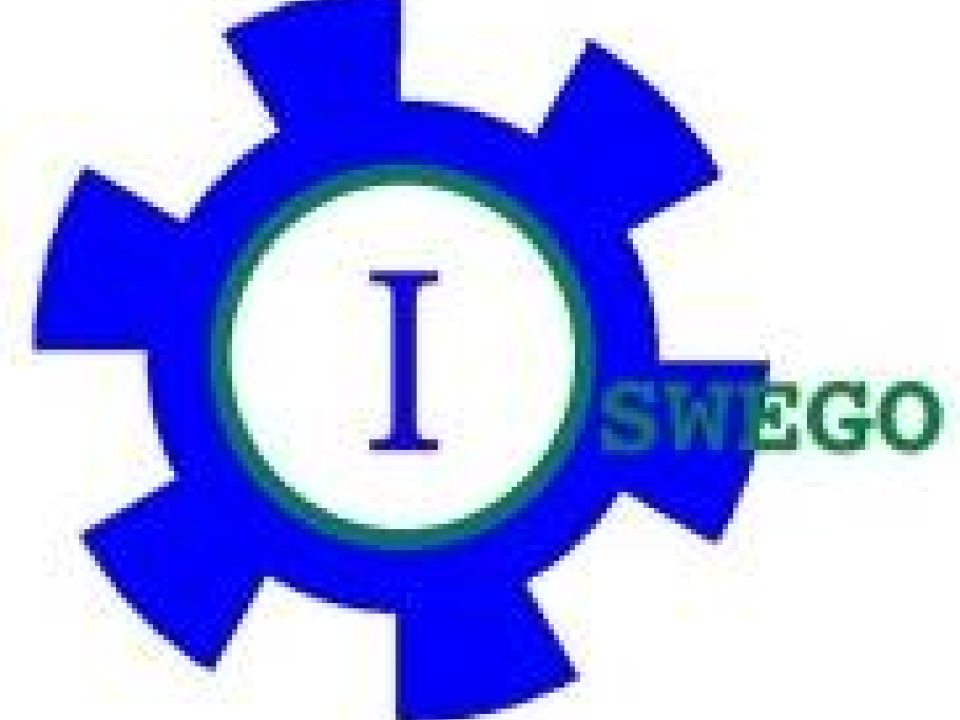Cognitive science is an interdisciplinary study of the mind with an emphasis on the interaction of people with computers. In addition to learning more about themselves, students of this program will be better equipped for success in our technologically vibrant society.

A cognitive scientist is interested in various aspects of processing, problem-solving, and planning. Cognitive Science draws on research methods associated with the fields of:
- Psychology
- Computer science (artificial intelligence)
- Linguistics
- Philosophy
- Anthropology
- Neuroscience